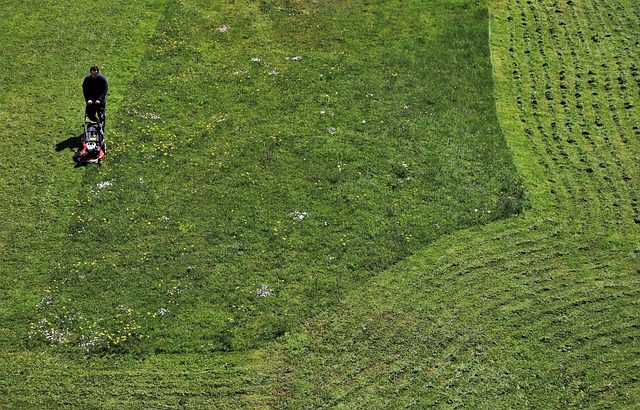
I recently discussed the various ways I manage my anxiety (see here: Living with anxiety: riding out the storm (mrvintageman.com). One of the best mental health tools at my disposal I have found to be is the practice of mindfulness.
Mindfulness has been all the rage for over the past 10 years or so. And with good reason. Mindfulness is a powerful tool in dealing with mental health issues, including anxiety and depression. It is NOT a cure by any means. But the practice of mindfulness and meditation has been shown to shrink the amygdala, and to weaken the neural pathways to the amygdala.
How I stopped worrying (not really), and learned to love the amygdala
Let me back up here a minute and give a quick overview of the amygdala. The amygdala (plural: amygdalae) are two, almond shaped clusters located deep in the cerebrum. The amygdala is part of the limbic system, and its primary functions are to process information, decision making and emotional responses.
It is also the emergency broadcast system of your brain. (Note: this is an EXTREMELY simplified explanation of the amygdala’s response in regard to anxiety). Say you’re walking along a path and come across a stick that looks like a snake. Or maybe it actually is a snake. Either way, your brain says “whoa, is that a snake”?
Your amygdala’s response is “SNAKE? DID YOU SAY SNAKE??”, and triggers your body’s fight, flight or freeze response. Which, in this particular case is actually a good thing. However, the mind of anxiety sufferers creates all sorts of threatening scenarios, imaginary or otherwise, on a nearly constant basis. Which continuously triggers the amygdala, and this puts the anxiety sufferer in a perpetual state of threat response.
When you put a body part under stress, it adapts by getting stronger. And like a mental bodybuilder, the amygdala responds to constant threats by getting all swole and buff. If the dangers and threats are real, this is a good thing. If the dangers are not real, well, it sucks.
Thus, for anxiety sufferers anything that might actually shrink the amygdala, even just a little, is a net positive.
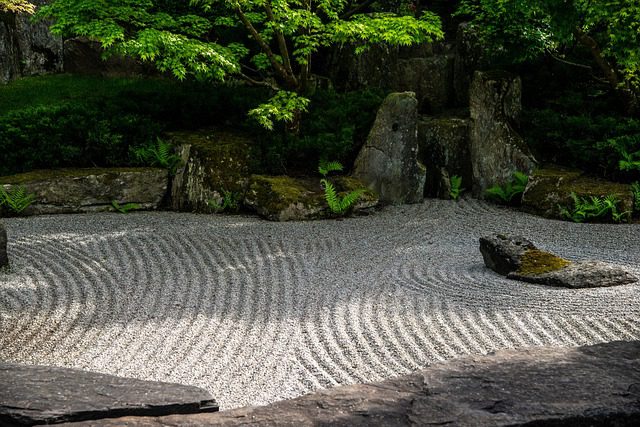
Mindfulness and meditation: what’s the difference?
So, what is mindfulness? Simply put, it means being in the moment. You’re not thinking about the past, or the future. You’re in the NOW, man! If you’re eating dinner, then you’re just focused on your food and how it tastes. If you’re working out, then you’re focused on exercising correctly and on how your body is responding. Should you notice intruding negative thoughts, you just let them fade away and get back to focusing on the matter at hand. It’s actually very simple.
Like so many things in life, simple does not mean that it is easy.
Meditation is similar to mindfulness. When you are meditating, you are not focusing on being aware of your surroundings. Instead, you’re focusing on quieting the thinking part of the brain. There are different ways to meditate: focusing on deep breathing or chanting a key word (such as OMM), or perhaps intently focusing on an object. It’s a way of calming the brain. But one does not need to meditate to practice mindfulness.
For a better explanation of the difference between meditation and mindfulness, check out this site: Mindfulness vs. Meditation (verywellmind.com)
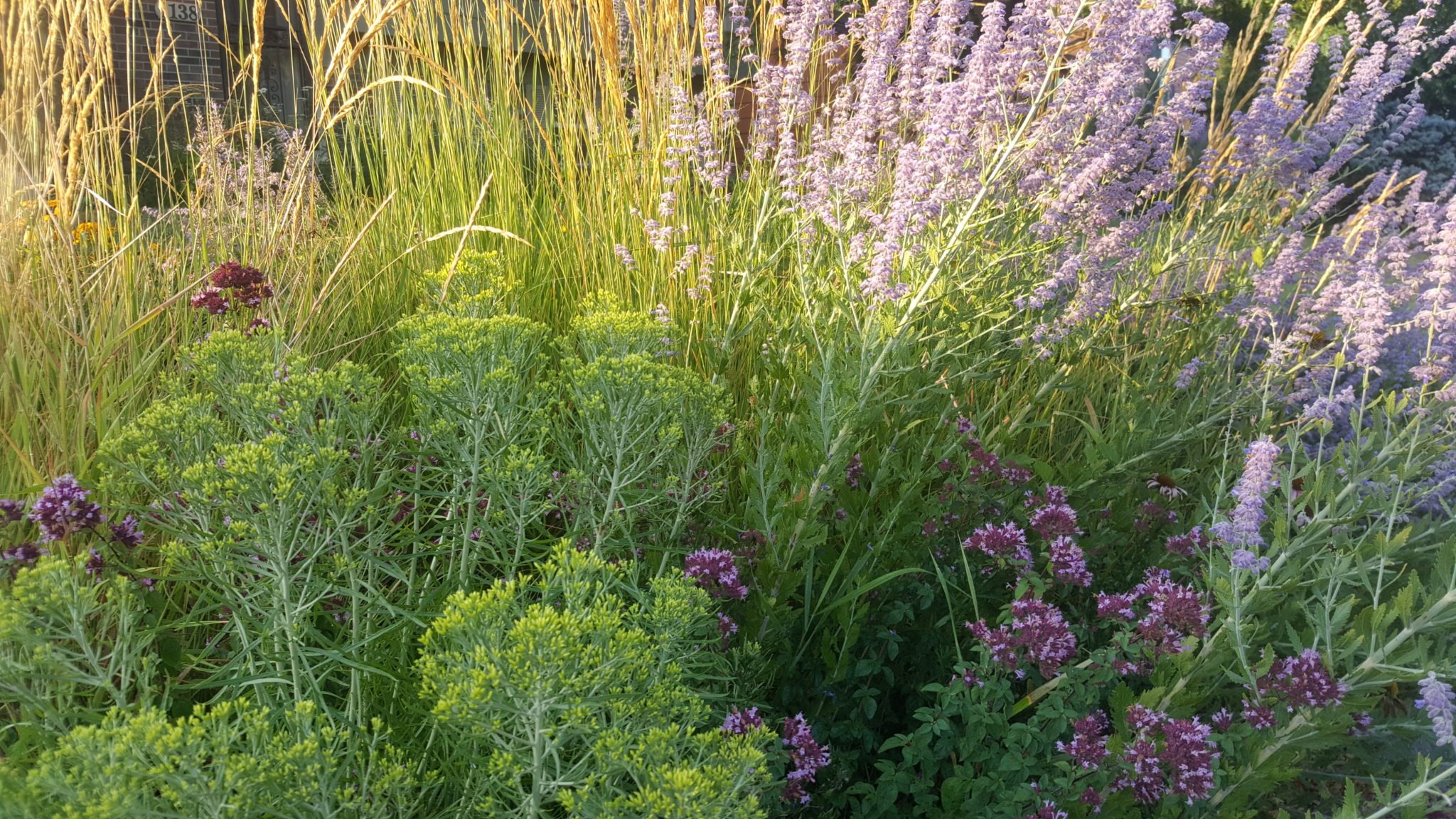
I would like to point out that in order for mindfulness to work on anxiety, it must be done on a continual basis. Waiting until an anxiety attack strikes is almost pointless. Just like a muscle, the brain must be strengthened over time to handle stress. You wouldn’t start a workout program the day you’re going to move furniture. Same with mindfulness.
Before there were anti-anxiety medications, therapists, mindfulness…there was gardening.
Once I was diagnosed with an anxiety disorder, I learned that I’ve had to deal with an overactive emergency broadcast system my entire life. And over the decades, I have subconsciously found various ways to cope with it. Gardening, it turns out, was one of those coping mechanisms.
MrsVintage and I purchased our house in the early 90s. Shortly after moving in, we became parents. A couple of years later, another child arrived. Meanwhile, I was working a high-paced technical job, both as a civilian and as a member of the Air National Guard, where a mistake could be catastrophic. And, as an added bonus, my parents were getting older and needed my assistance more than before. Much stress!
Needless to say, my amygdala was getting quite a workout.
And then I discovered gardening. I became infatuated. In the words of Cliff Clavin: “there is a fine line between gardening and insanity”. I read books and magazines on the subject. I used to watch ‘Gardening by the Yard’ and ‘Victory Garden’ on the telly. MrsVintage and I visited nurseries and botanical gardens. Meanwhile, we dug all the rock out that lined our property and slowly replaced it with plants.
And so, over the years, a garden came into being.
So, what does that have to do with my anxiety? I find that while I am gardening, I am in a state of mindfulness. I am focused on the weeding and the watering. I observe the successes and failures. I am aware of the heat from the sun on my shoulders, and of the sweat dripping off my nose (hey, I never said everything about gardening is fun). That stupid voice in my head that is constantly trying to draw my attention to some possible catastrophe is surprisingly silent. I am in the Now.
There is a mistaken belief that you need to be seated in the lotus position, with flute music emanating from Spotify on your phone, to be mindful. Not true. You can be quite active and still be in the moment. I suspect that many people who do such hobbies as woodworking, or knitting, or martial arts, or whatever floats their boats, find these activities to be very mindful.
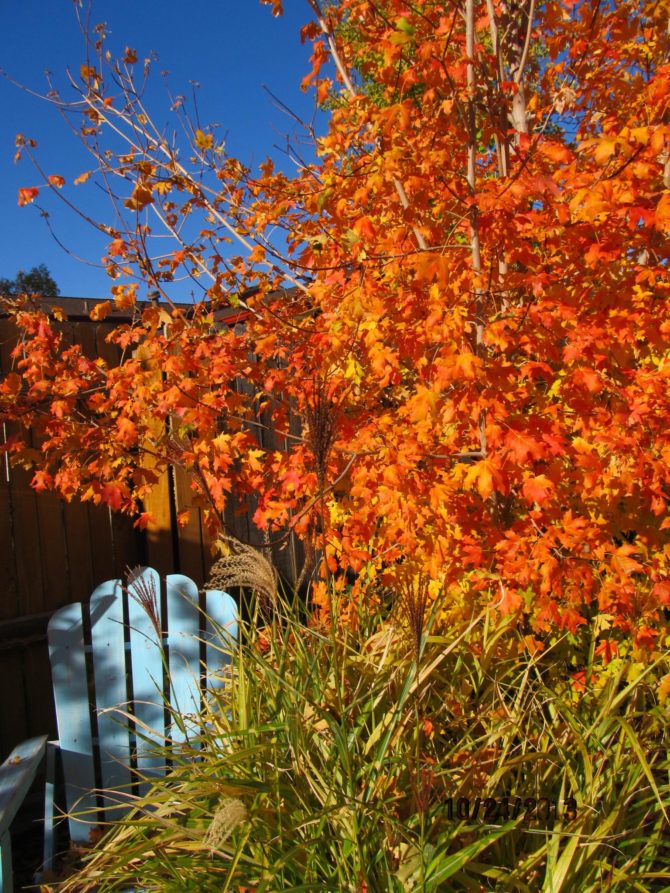
Nature, the all-natural anxiety medication
For me, the there is an added bonus to gardening: I’m outside. I have found over the years that my anxiety recedes quite dramatically in the sunnier months. A large part of that is that the sunlight is much more intense in the summer months, chasing away the winter blues. But it’s more than that. Gardening is a way of immersing oneself in nature. Many studies of been done that show marked improvement in people’s mental health when exposed to nature (Nurtured by nature (apa.org)
As a kid, I used to live outside during the warmer months. Whether it was swimming, biking, hiking, playing streetball (football or baseball on asphalt), climbing trees, or just hanging out, me and my friends were always outside. While my dark brown hair never quite bleached out to blonde, I certainly had blonde highlights by the end of summer. I now understand that it was no coincidence that my anxiety would return with a vengeance when the school year rolled back around. I was trapped inside all day, with nothing but artificial light and sterile walls surrounding me. One of the many reasons I hated school so much.
To this day, being outside in my garden is a natural anti-anxiety and anti-depressant medication for me.
I’ll be the first to admit that a garden is an artificial form of the natural world. Even so, a garden is a form of nature, even if a manmade one. Our minds don’t care whether we are walking through a wild field or a manicured landscape. It’s still nature,
Zen and the Art of Mowing the Lawn
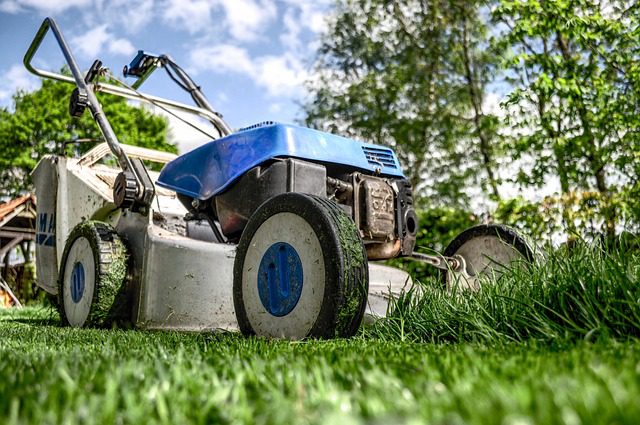
Even before I started getting in to gardening, I always enjoyed mowing my lawn. I found it to be a relaxing and contemplative activity. Meditative even. While I am mowing I am mowing, if you know what I mean. I get a great deal of satisfaction after I finish the job. The lawn looks tidy and green. It looks well-maintained. If it weren’t for me, this patch of ground would be nothing more than a weedy patch, choked with bindweed and thistle. I am a mighty deity in my own backyard.
I suspect that this feeling is a faint echo of the satisfaction a farmer must get when he has harvested his field of corn/wheat/whatever. Obviously, we don’t depend on our lawns for our livelihood. But the concept is similar, if you get my drift.
Men take a gentle ribbing for their love of lawn care. Google “men and lawns”, and you’ll find a ton of funny memes. The sports website, Outkick the Coverage, even has a Thursday night lawn mowing competition during the summer. So sure, we can be a bit obsessive.
But you know what? That’s ok. Because in my opinion, the lawn is the American version of a Zen garden.
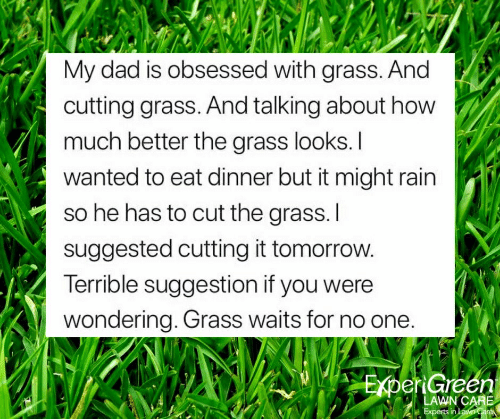
Peace and tranquility on a 1/4 acre plot
So that is the how and the why I got into gardening. But it is not just the act of gardening that reduces my anxiety. Enjoying the garden is just as rewarding as the doing. Gardeners as a whole are notorious for not being able to see the forest for the trees. Or, put another way, unable to see the garden for the weeds!
A visitor comes around and sees a gardener’s creation, they just take in the beauty of it. They don’t care about the weeds, or the lack of a strong focal point. To the visitor, the garden in a small slice of tranquilty.
The gardener, on the other hand, can ONLY see the sickly plants, the bare spots and weeds galore! That’s why a gardener has a hard time just sitting and enjoying his or her creation. It’s not perfect!
But not me. Oh, I definitely see all that as well. But I also see the wonder I have helped usher into this world. During the growing season I try to get outside every day, even on the hottest days, and just take in all the glory of my little miniature Eden. It never fails to bring me a sense of peace and contentment. The garden is MrsVintage’s and my sanctuary. Our retreat from the outside world. It is amazing how much being out there helps calm my anxiety for a while.
And that is why I am going to keep on gardening until my bones just can’t hack it anymore.
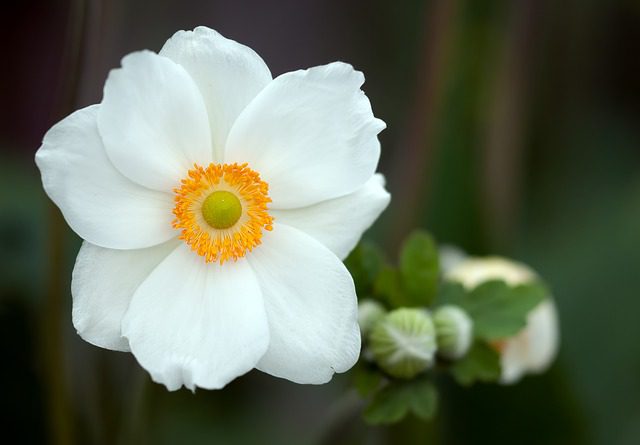
Postscript
Serendipitously, while I was finishing up this post I found this article by someone who also uses gardening to help with anxiety and depression: How Gardening Helped Me Quit My Antidepressant . I think she put into words even better than what I am trying to do with this post.
However, if I were to respond to this person, I would warn her that this newfound love of gardening may not be the total cure she currently thinks it is. When I first started gardening, I too was completely smitten. Gardening is both an art and a skill, and there is so much to learn and do. But like any relationship, the honeymoon phase will end, and this infatuation will fade to a quiet enjoyment. Then gardening will become another (albeit positive) part of her life. The risk becomes that her anxiety and depression might return, and she will get discouraged. It will be important for her to continue to monitor her mental outlook for the rest of her life, gardening or not.
However, I would never say anything to her because she wouldn’t listen to me anyway. After all, who am I? I’m not inside her head. Also, she doesn’t need that kind of “negativity” right now. She’s happy, and that’s all that matters.

